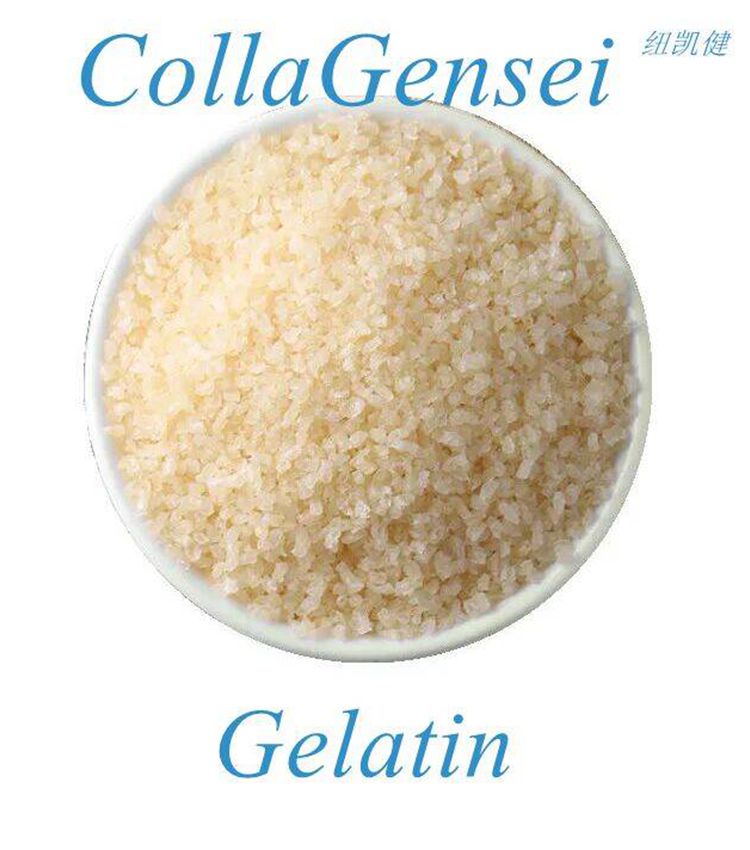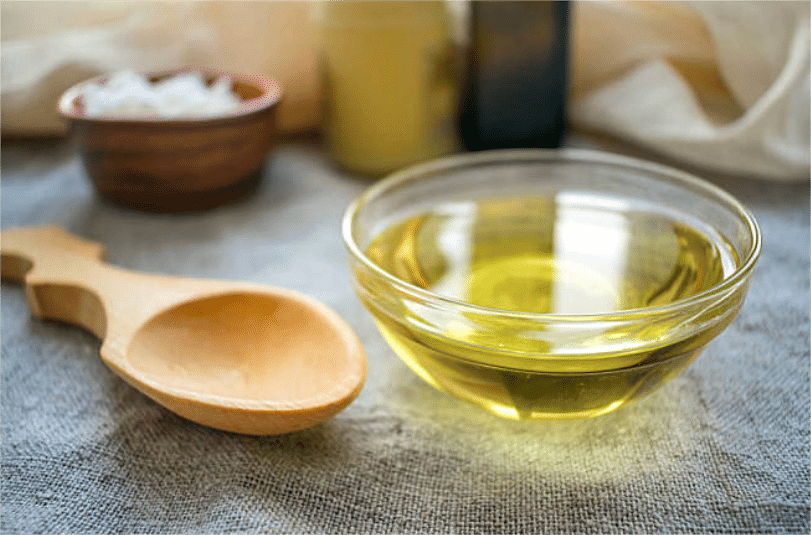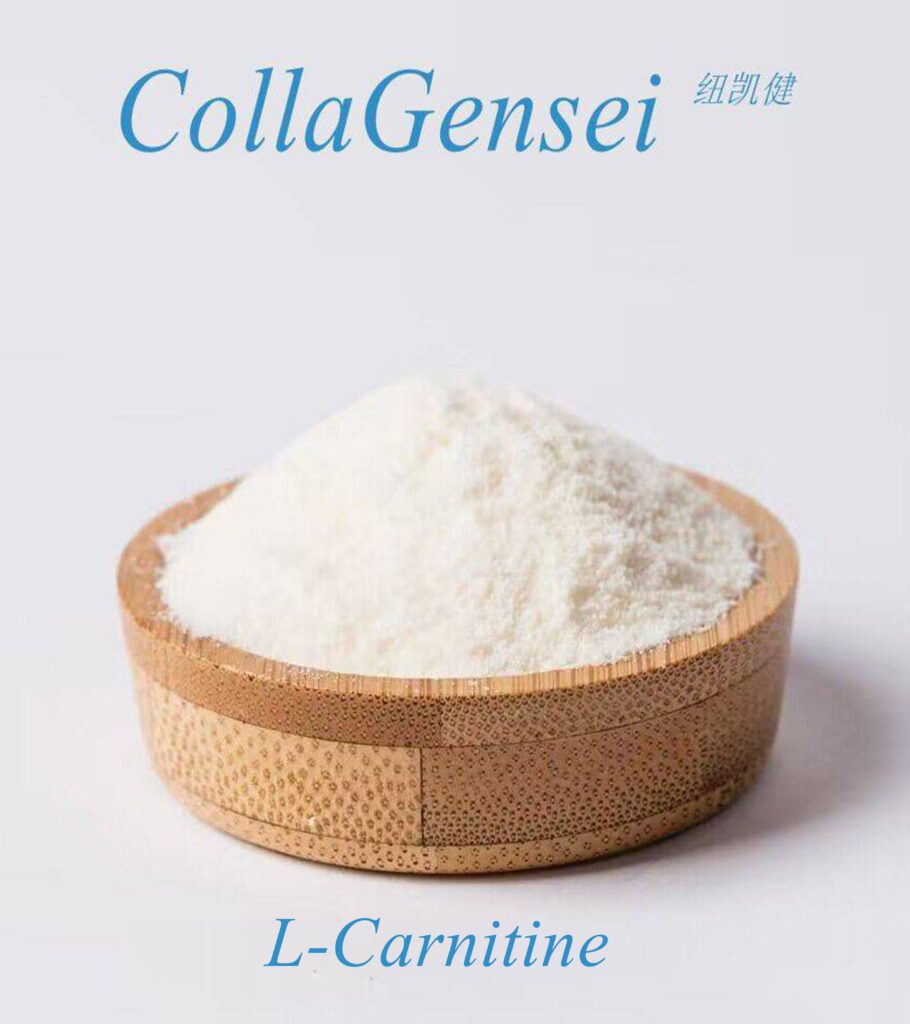What is vegetarian gelatin ?
What is animal gelatin ?
Vegetarian gelatin and animal gelatin are both substances used to create a jelly-like texture in food, but they differ in their source, composition, and appeal to different dietary preferences. Here’s a breakdown of the differences:

Source:
- Vegetarian Gelatin: Derived from plant-based sources, typically agar-agar (made from red algae), pectin (from fruits), or carrageenan (from seaweed). Agar-agar is one of the most popular alternatives and is commonly used in vegan and vegetarian cooking.
- Animal Gelatin: Sourced from animal connective tissues, usually from cows or pigs. It is made by boiling down the collagen from animal bones, skin, and cartilage, which results in a substance that can be dissolved in hot liquids and set as it cools.
Composition:
- Vegetarian Gelatin: Contains polysaccharides (carbohydrates) from plants and algae. Agar-agar, for instance, is composed primarily of agarose and agaropectin, which are types of complex carbohydrates.
- Animal Gelatin: Contains protein (specifically collagen), which gives it its unique gelling properties. The gelatin proteins are hydrolyzed, meaning they are broken down into smaller peptides that help form a gel when cooled.
Texture and Use:
- Vegetarian Gelatin: While it can mimic the texture of gelatin, it often requires higher concentrations to form a firm gel. Additionally, it may produce a slightly different texture (firmer or more brittle) compared to animal gelatin. It’s often used in making vegan jellies, gummies, marshmallows, and as a thickener in various foods.
- Animal Gelatin: Tends to create a smoother, more elastic texture compared to plant-based alternatives. It is traditionally used in candies (like gummy bears), marshmallows, gelatin desserts, and some dairy products.
Dietary and Ethical Considerations:
- Vegetarian Gelatin: Ideal for those who follow vegetarian or vegan diets, as it contains no animal products. It is also suitable for people who avoid animal-based products for ethical or religious reasons.
- Animal Gelatin: Not suitable for vegetarians, vegans, or those following halal or kosher dietary restrictions because it is derived from animal parts.
Health Considerations:
- Vegetarian Gelatin: May be lower in protein than animal gelatin, depending on the specific plant-based alternative used. However, it is generally considered a healthy option for people avoiding animal products or seeking a plant-based diet.
- Animal Gelatin: Often marketed as beneficial for skin, joints, and hair due to its collagen content, although these claims are still debated in the scientific community. It is also more likely to be high in purines, which could be problematic for people with gout or kidney issues.
Substitution:
- Vegetarian Gelatin: Can often be used as a direct substitute for animal gelatin, though the ratio and method of preparation may vary. Agar-agar typically requires boiling to dissolve, and it sets more firmly than animal gelatin.
- Animal Gelatin: Can be replaced with vegetarian alternatives (like agar-agar) in recipes, but the gelling process and texture may change.
Conclusion
Which works better of vegetarian gelatin and animal gelatin?
Are vegetarian gelatin and animal gelatin equally effective as thickeners?
Are vegetarian gelatin and animal gelatin similarly priced?
Are vegetarian gelatin and animal gelatin both suitable for all dietary restrictions?
Are vegetarian gelatin and animal gelatin equally rich in protein?
Are vegetarian gelatin and animal gelatin both heat-stable?
Are vegetarian gelatin and animal gelatin equally effective for gummy candies?
Are vegetarian gelatin and animal gelatin both easily digestible?
Are vegetarian gelatin and animal gelatinequally beneficial for joint health?
Are vegetarian gelatin and animal gelatin both suitable for cold-set desserts?
Are vegetarian gelatin and animal gelatin equally sustainable to produce?
In conclusion, if you are interested in purchasing or want to learn more about high quality vegetarian gelatin and animal gelatin raw materials, reach out to us at sales@collagensei.com. At Gensei Global Industries, we are an FDA-certified manufacturer offering ISO, HALAL, KOSHER, and MSC certifications. With warehouses in California and New York, we provide a reliable supply of raw materials, backed by third-party testing and complete certification for peace of mind. Explore our extensive product range, including OEM and ODM services, to find the right solutions for your business needs.



